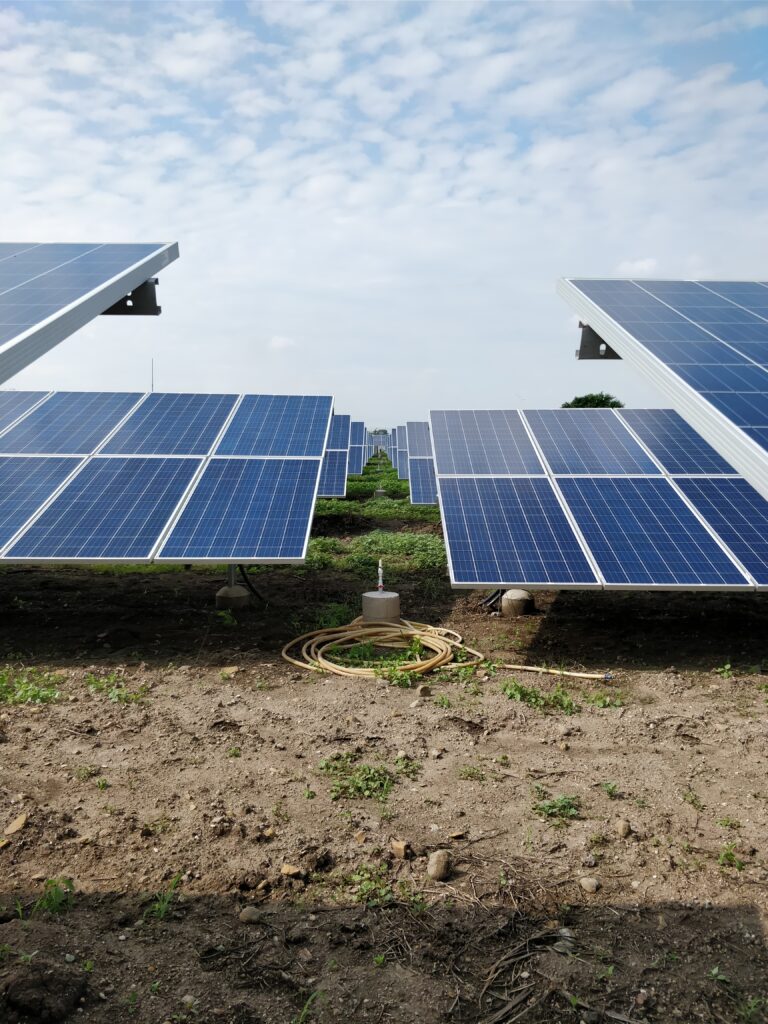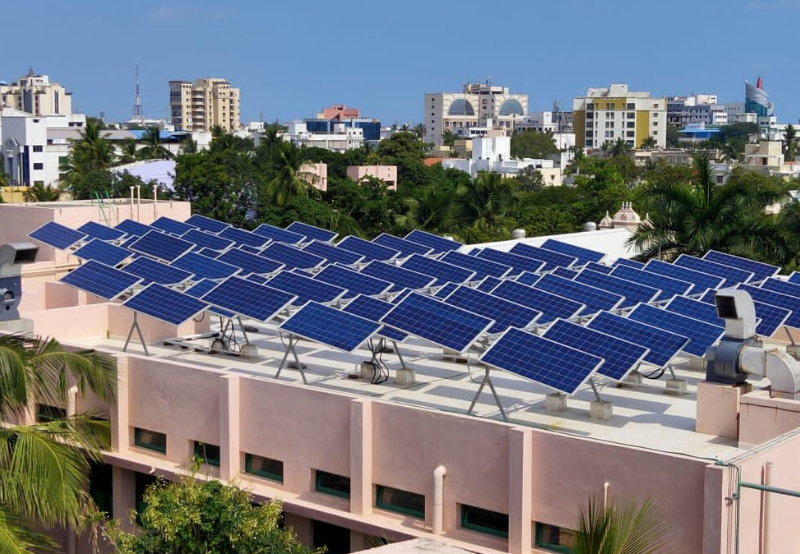Net Metering
Net Metering


What is Net Metering?
The meter in our house is usually unidirectional and only counts the amount of electricity we use. When we install a solar system, we become both a producer and a consumer, requiring the installation of a bidirectional (Net-meter) device. This meter tracks both import (the units we use from the grid) and export (Units which are exported to the grid).
How Does Net Metering Work?
Net energy used every month is the difference between energy exported by the solar power system and energy used by the consumer in a month. Assume you have solar panels installed on your roof; they will frequently generate more electricity than you require each day for your home appliances as our country is blessed with abundance of sunlight. A net meter will assist you in receiving an accurate bill for your monthly electricity usage. If you look closely at the net meter, you will notice that it is a bi-directional measuring device. When your home load is less than the generated electricity the unused energy will flow towards the grid and the meter will run backwards (also known as export). When your home load is more than solar energy generation the meter will run forward (also known as import). You will then receive the electricity bill only for your 'net' energy use. Net metering is a simple yet powerful concept that allow banking of electricity units. It gives you a clear picture of units that you have imported from the grid & also the excess units that have been exported to the grid. All the facts like import, export & solar generation are mentioned in the electricity bill once net-metering is done. If you are considering installing a solar system at your home, make sure to check the Net Metering policy
Salient Features of the Net Meter
- It enables you to produce your own energy at any time of day.
- Allows you to use solar energy for your home appliances even at night.
- Energy that is not used in a month can be stored and used the following month.
- If at the end of the financial year any excess units are left, they will be deducted from your bill at the APPC rate. I.e. Average Power Procurement cost.
- It allows you to use solar power during the winter months when there is little sunlight.
